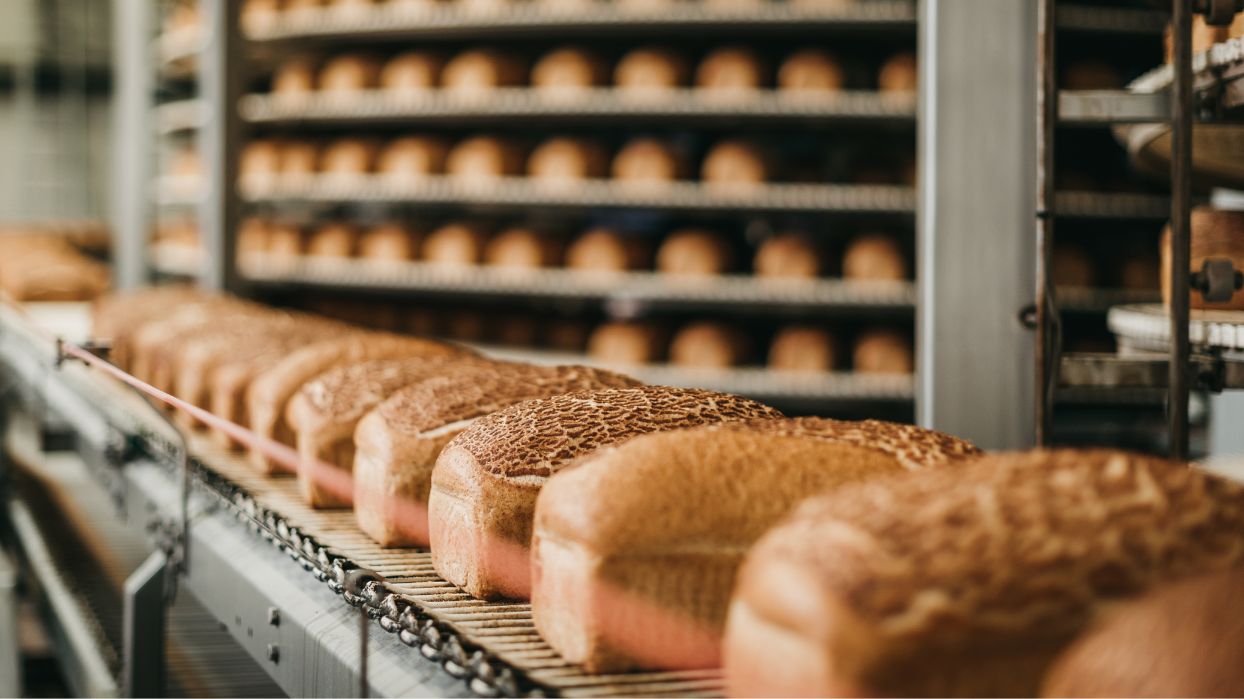The Court of Appeal has rejected both parties’ appeals and upheld the first instance decision of the Commercial Court in Various Eateries v Allianz. Most importantly for policyholders, insurers failed with their argument that only a single sub-limit of indemnity will be available.
Various Eateries was one of the trio of Covid-19 business interruption insurance claims under the Marsh Resilience wording that proceeded to preliminary issue trials in 2022, led by Stonegate Pub Company Ltd v MS Amlin & Ors, and alongside Greggs Plc v Zurich. Both these cases settled after first instance judgments were handed down in all three cases in late 2022.
Various Eateries proceeded to appeal in November 2023. Judgment has been handed down today, and in this article James Breese briefly examines the Court of Appeal’s findings.
Recap
The Marsh Resilience wording (‘RSA4’ in the FCA Test Case) was found by the Divisional Court in the FCA Test Case to respond to business interruption losses flowing from the Covid-19 pandemic.
The key issues for determination in Various Eateries, Stonegate and Greggs were causation and aggregation, both of which related to the quantum of the covered claim(s) rather than coverage per se. Furlough was also a live issue in Stonegate and Greggs but not in Various Eateries. The key issue of furlough deductions remains unconsidered by the Court of Appeal to date.
First Instance
Causation
Various Eateries ran different causation arguments, each of which was constructed to persuade the court that government action taken after the expiry of the policy was in response to earlier cases of Covid-19. By doing so, Various Eateries argued that later losses were proximately caused by insured perils.
Conversely, Allianz argued that the indemnity period must have ceased shortly after Various Eateries’ policy expired on 28 September 2020.
The Commercial Court rejected Various Eateries’ causation arguments but noted that some later losses may be able to be proved based on the facts. The necessary evidence to do so was not before the court for the purposes of the preliminary issue trial. At first instance, and from a causation perspective, Various Eateries’ recovery was limited to the losses suffered during the policy period and within a few weeks of it expiring.
Aggregation
The parties unsurprisingly adopted polarised positions in relation to aggregation.
Allianz argued that Various Eateries’ losses “arose from, were attributable to, or [were] in connection with” a single occurrence, which would cap insurers’ liability to a single sub-limit of indemnity of £2.5m.
Notwithstanding that Allianz argued that there was a single occurrence to which losses aggregate, Allianz pleaded 18 different candidates for that single occurrence.
Various Eateries argued that there was no single occurrence, enabling it to recover many multiples of the £2.5m sub-limit subject to proof of loss. Alternatively, Various Eateries argued that the losses aggregated on a per government action, per premises basis.
The court was unpersuaded by either side’s extreme cases on aggregation. Rather, the court found that losses would aggregate on a “per government action basis”, subject to precisely what those actions were. Various Eateries was, therefore, entitled to recover multiple limits of £2.5m, albeit not on a “per premises” basis.
While the court found that the initial human infection(s) in Wuhan amounted to a single occurrence, it was too remote from Various Eateries’s losses for Allianz’s case to succeed. The same analysis applies in respect of the point at which Covid-19 entered the UK; while that may amount to a single occurrence, corresponding aggregation arguments still fail on the basis of remoteness.
Issues for appeal
The principal issue on appeal was whether the effect of the aggregation clause in the policy (“arise from, are attributable to or are in connection with a single occurrence…”) resulted in Various Eateries being entitled only to a single sub-limit of indemnity of £2.5m.
The Commercial Court’s judgment on causation was not reconsidered, and permission was not granted to appeal those issues.
In addition to the extreme cases of “single occurrence” or “per premises” aggregation, Various Eateries also sought to appeal the finding that the July 2020 restrictions were not a new occurrence for which a new sub-limit of indemnity would be unlocked.
Court of Appeal’s decision
The Court of Appeal dismissed all appeals and upheld the lower court’s findings on the same bases. Notably:
- Allianz’s case on there being a single occurrence to which Various Eateries losses aggregate failed on the grounds of remoteness. The losses suffered were too remote from the single occurrences that infections in Wuhan and the disease’s entry to the UK were.
- Various Eateries’ “per premises” analysis failed because the Court of Appeal found nothing in the policy to suggest unequivocally that the limits of indemnity apply separately to each insured location. This was supported by the operation of the retention in the policy.
- The Court of Appeal did not grant permission for Various Eateries to appeal Mr Justice Butcher’s decision in relation to the July 2020 measures. They were not new measures for which a new sub-limit of indemnity would be available.
- Finally, the Court of Appeal confirmed that Various Eateries is “entitled to recover the Business Interruption Loss proximately caused by [the] Covered Event, even if that loss extends beyond the Period of Insurance, subject only to the longstop that the Maximum Indemnity Period in the policy schedule…”
Comment
This judgment largely leaves the first instance decision undisturbed. It can be considered a win for policyholders insofar as there is no single occurrence to which policyholders’ losses will aggregate. Policyholders insured under the Marsh Resilience wording may still, therefore, be entitled to claim multiple limits of indemnity. However, it does make it difficult for policyholders with the Resilience wording to recover losses from insurers on a “per premises” basis.
The door is firmly ajar in relation to other contracts of insurance. The Court of Appeal expressly referred at paragraph 81 to Mrs Justice Cockerill’s findings in Corbin & King & Ors v Axa, where, in that case, the claimants had a composite policy of insurance.
The Court of Appeal drew a “material distinction” between that case, where there were multiple insureds each separately owning different restaurants, from Various Eateries’ policy construction. Mr Justice Butcher drew the same distinction in Stonegate.
It would, therefore, seem open for policyholders with composite insurance policies to argue they should be entitled to separate sub-limits of indemnity for each insured entity. This point is being tested in relation to the Marsh Resilience wording in The Arsenal Football Club Plc & Various Ors v Allianz Insurance Plc & Various Ors (CL-2022-000248). It was also considered (as was the fundamental issue of furlough) in relation to other wordings being considered in the recent test cases against Liberty Mutual, for which judgment is awaited.
Policyholders with multiple insured entities should continue to consider their position. So, too, should policyholders with policy periods that extended to late 2020 and beyond, given that the facts may differ from those considered in the FCA Test Case and the Marsh Resilience litigation. Policyholders with multiple insured entities and/or whose claims are affected by the furlough issue should await the forthcoming decision in Gatwick Investments v Liberty Mutual and associated cases.
You can find further information regarding our expertise, experience and team on our Policyholder disputes and Covid-19 Business Interruption Insurance Claims pages.
If you require assistance from our team, please contact us.
Subscribe – In order to receive our news straight to your inbox, subscribe here. Our newsletters are sent no more than once a month.







